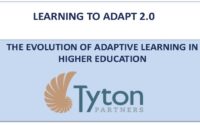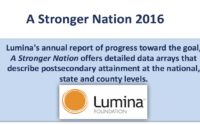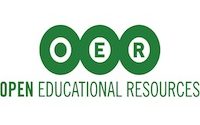
Download Report: Learning to Adapt 2.0: The Evolution of Adaptive Learning in Higher Education
“Rethinking Higher Ed: A Case for Adaptive Learning” “The Adaptive Learning Revolution” “The Death of Textbooks?” “L’adaptive learning, la révolution qui vient” Breathless headlines like these from the past three years have heralded the great potential for adaptive learning to transform higher education. Nonetheless, investors, policy makers, pundits, and institutional leaders continue to ask whether […]















